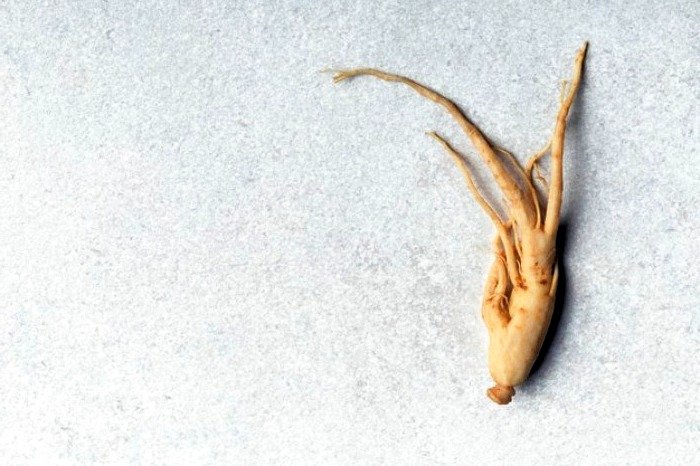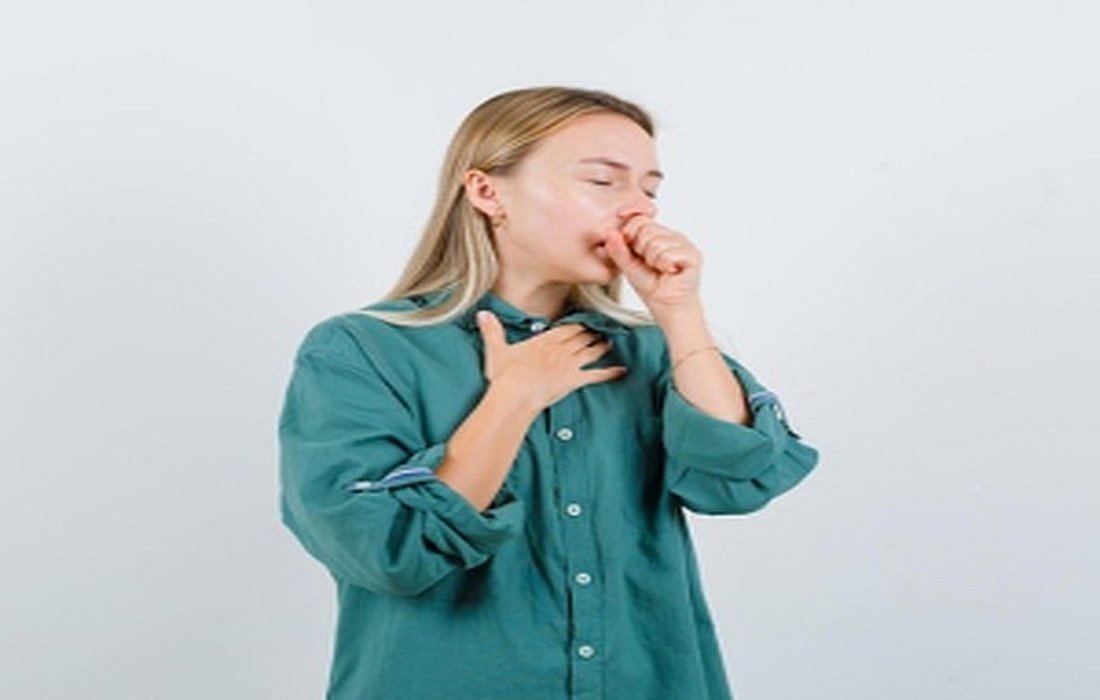Post-nasal dripWhat is it?
Post-nasal drip is a thick and sticky substance that forms in the back of the throat during illnesses or contact with various particles. This mucus acts as a protective agent for the respiratory system. The mucous membranes in your respiratory tract, including the throat and nose, produce this substance to control foreign particles such as allergens, viruses, and dust. Normally, the mucus is thinner, but it becomes thicker when illness occurs. Join us in this section ofSelMagzto learn more about what post-nasal drip indicates and what the best treatment for phlegm in the throat can be.
Causes of post-nasal drip
Several reasons may increase mucus production in the area behind the throat, including:
- Respiratory and lung infections such asBronchitis, chronic obstructive pulmonary disease,influenzaandthe common cold
- Acute bronchitis, which is often due to viral infections
- Allergic reactions such ashay feverand asthma
- Excessive strain on the vocal cords and improper use of the vocal cords
- Smoking and environmental pollutants in the air

What does post-nasal drip indicate?
In addition to what you’ve read, other factors influencing post-nasal drip include:
- Some medications, including blood pressure and controlPregnancy
- Sinus inflammation or sinusitis
- Changes in weather and exposure to cold or dry air
- Pregnancy
- An object lodged in the nose (usually children)
- Contact with chemical vapors, perfumes, smoke, or other irritants
- Chronic respiratory issues such as chronic obstructive pulmonary disease
- Nasal deviationand factors related to structural problems in the nose
Home remedies for post-nasal drip
If mucus accumulation in the back of the throat increases at night, you can reduce this issue by making simple changes to your sleep:
Using an extra pillow
By placing an extra pillow under your head, elevate your head slightly above your body. This helps drain secretions better and reduces mucus accumulation in the back of the throat.
Saltwater gargle
Using warm saltwater gargles can help clear post-nasal drip and also eliminate germs and provide relieffrom sore throatmore easily.
Drinking fluids and warm tea
Drinking plenty of fluids can aid the flow of secretions. This hastens mucus clearance and prevents dehydration. Additionally, drinking warm tea can also soothe symptoms related to post-nasal drip.

Increasing humidity in the air
Using a vaporizer or humidifier can thin mucus and make its drainage easier.
Avoiding cigarette smoke
Cigarette smoke can irritate the airways and increase mucus accumulation.
Treatment of post-nasal drip in traditional medicine
Maintaininga healthy dietand adding certain foods to your diet may help in treating and reducing post-nasal drip. Here are some of thesefoodsmentioned:
Pomegranates
Pomegranate, due to its anti-inflammatory and antioxidant properties, may improve respiratory health and reduce post-nasal drip.
Lemon,gingerand garlic
These foods have anti-inflammatory and antiseptic properties. Their consumption can be effective in treating colds,coughand thinning mucus.
Liquorice root
This plant contains compounds that can help combat respiratory inflammation.
Consumption of berries
Various berries, includingblackberriesand red berries are rich in antioxidants and vitamins beneficial for the respiratory system.
Ginseng
This herbal extract may boost the immune system and help prevent respiratory diseases.

The connection between post-nasal drip andbad breath
The presence of mucus in the airways, especially in the throat, can lead to unpleasant mouth odor. This happens because the mucus containing melted particles and bacteria can accumulate, resulting in bad breath. Bad breath can arise from bacteria buildup in the mouth, lungs, and throat. The mucus present in the throat can act as a suitable environment for bacterial growth and cause unpleasant mouth odor.
In general, there is a connection between post-nasal drip and bad breath, as the mucus can provide an ideal environment for microbial growth, and these microbes can lead to unpleasant oral odors.
What symptoms accompanying post-nasal drip are serious?
Sometimes, along with the presence of mucus, symptoms indicating a serious condition may appear, in which case you need to inform emergency services. These symptoms include:
- A decrease in level of consciousness
- An irregular and rapid heartbeatPain when swallowing
- Severe breathing problems
- Sudden swelling of the face or neck
- Coughing with abundant dark-colored mucus
- Coughing up blood or pinkish mucus
- Chest pain
- Blue lips, nails, and skin (cyanosis)
- Post-nasal drip







